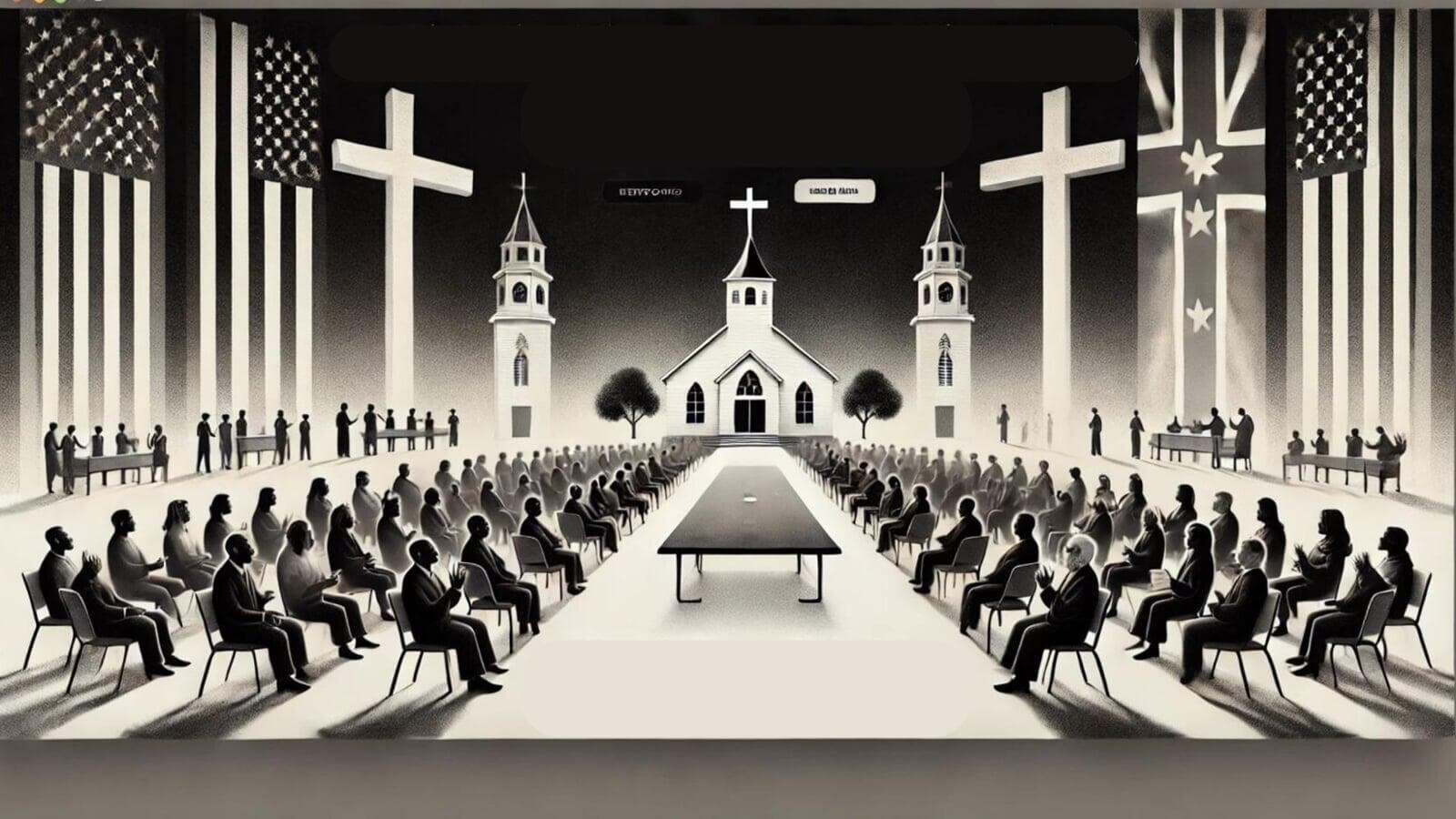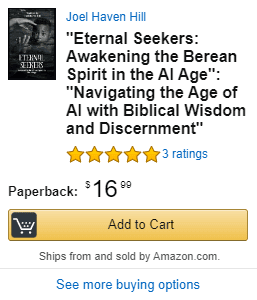
A Personal Journey Through History

As a political historian and lifelong Christian, I've always been fascinated by the intersection of faith and politics in America. One question that's intrigued me for years is why Black and White Christians, who ostensibly believe in the same God and read the same Bible, tend to vote so differently. Today, I want to share my journey of discovery on this topic.
The Historical Divide
When I first started researching this issue, I was struck by how deeply rooted it is in American history. The legacy of slavery and segregation has had a profound impact on how different Christian communities view the role of government and social justice.
The Impact of the Civil Rights Movement
The Civil Rights era of the 1960s was a pivotal moment in shaping the political landscape for Christians in America. While many White Christians were divided on the issue, the Black church played a central role in advocating for civil rights, which has influenced political alignments to this day.
Different Perspectives on Progress
As I reflected on this history, I began to understand why Black and White Christians might view politics differently. For many Black Christians, the fight for equality and justice is seen as an ongoing struggle, while some White Christians may view these issues as largely resolved.
The Role of the Church
I've also come to appreciate how the different experiences of Black and White churches have shaped political attitudes. The Black church has often been a center of community organizing and social activism, while many White churches have focused more on individual salvation and personal morality.
Conclusion: A Complex Legacy
As I've studied this issue, I've come to see that there are no simple answers. The political divide between Black and White Christians is the result of complex historical forces, differing life experiences, and divergent priorities.
What's clear to me is that both groups are trying to live out their faith through their political choices, even if they come to different conclusions. As we move forward, I believe it's crucial for all Christians to engage in respectful dialogue, to listen to each other's perspectives, and to remember that our shared faith should unite us even when our politics divide us.
If this analysis resonated with you and you want to go deeper into learning how to navigate complex issues like this through the spirit of the ancient Bereans who "examined the Scriptures daily" (Acts 17:11), then I invite you to check out my book "Eternal Seekers: Being Berean in the Age of AI" on Amazon.
In this book, I share powerful strategies for discerning truth from deception in our current age of AI deepfakes and disinformation. You'll learn forensic techniques like media authentication, applying Bayesian analysis, and leveraging the ultimate authority of Scripture to cut through manipulation.
More importantly, "Eternal Seekers" provides a comprehensive ethical framework grounded in biblical truth for being modern-day "Bereans" - disciples who scrutinize every issue through the revelatory lens of God's Word to uplift human dignity.
Whether weighing the role of AI in elections or any other arena being reshaped by technology's disruptions, this book will equip you to take a respected seat at the table as a truth-seeking ambassador for this age.
Grab your copy of "Eternal Seekers: Being Berean in the Age of AI" today on Amazon and join the renaissance of believers daring to shine truth's light through our culture's encroaching virtual darkness!


